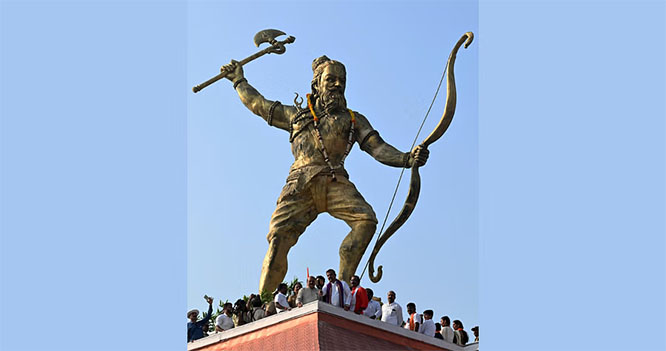Beijing, Sep 12: A 49-year-old man has been sentenced to two years in prison for forming online discussion groups to teach Quran in China's volatile Xinjiang province.

Huang Shike was found guilty of illegally using information on the internet, according to the verdict released by the Ili Kazak Autonomous Prefecture branch court of Higher People's Court of Xinjiang.
"Huang, by preaching and teaching the Quran at non- religious venues, disturbed the administrative order of normal religious activities, severely violated China's laws on regulating religious affairs and greatly harmed society," , state-run Global Times quoted the verdict as saying.
Huang, a member of the Hui ethnic minority, established a social media group in June 2016, and taught its roughly 100 members, mostly his friends and family members, how to pray.
China has over 21 million Muslims of Uygur and Hui ethnic communities. The Hui people are more concentrated in northwestern China in Ningxia, Gansu, Qinghai and Xinjiang.
To better regulate social media groups, the Cyberspace Administration of China (CAC) recently issued a new regulation which will take effect on October 8.
Group creators should regulate the behaviour of members as well as posts in groups in accordance with the law, user agreements and platform conventions, according to the regulation.
China blames separatist East Turkistan Islamic Movement, (ETIM) for the recurring attacks and imposed several measures including restricting wearing veils by Muslim women.








Comments
Add new comment